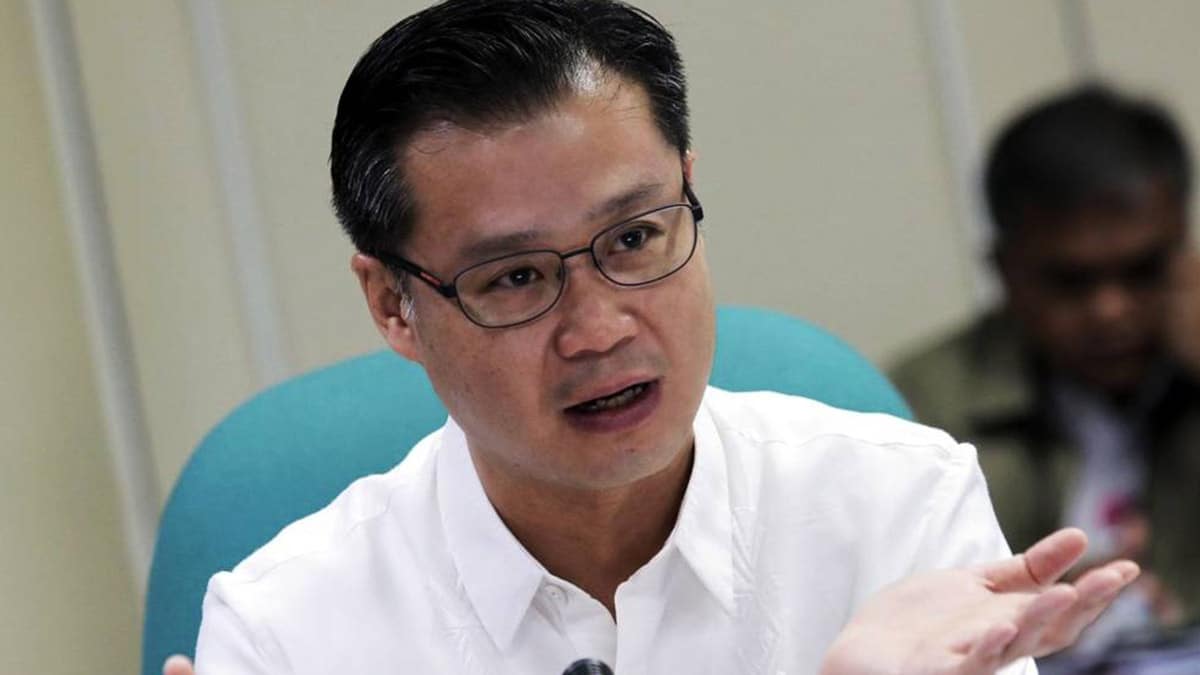Senator slams NTC’s failure to curb scams
MANILA, Philippines — Sen. Sherwin Gatchalian on Sunday slammed the National Telecommunications Commission (NTC) for its apparent failure to implement provisions of Republic Act No. 11934 or the SIM Registration Act, saying it led scammers involved in various Philippine offshore gaming operators (Pogos) to perpetrate various fraud and scamming activities.
Gatchalian stressed that it was the NTC’s responsibility to ensure the effective implementation of the SIM registration law, which was passed to provide accountability for those using SIM cards and to support law enforcement in tracking perpetrators of crimes committed through phones.
“But because the NTC has apparently forgotten its responsibility, scammers in the Pogo industry continue to use SIM cards unabatedly,” the senator said in a statement.
READ: NTC says criminals ‘updating ways’ to scam people, gets over 45,000 complaints
Mandatory SIM (subscriber identity module) card registration was supposed to remove users’ anonymity, which hackers use to launch cyberattacks and evade detection.
Article continues after this advertisementGatchalian noted that one common denominator police discovered after raiding Pogos was that these establishments yielded several SIMs for scams.
Article continues after this advertisementREAD: Running circles around SIM card law
“This is true in the case of the raids conducted against Smartweb Technology Corp. in Pasay City, Zun Yuan Technology located in Bamban, Tarlac, and Lucky South 99, which straddles Porac and Angeles City in Pampanga,” he said.
In the case of Zun Yuan, authorities discovered SIM cards bearing false identities, along with various phones and scripts for scamming purposes.
Authorities said the SIM cards were used to undertake love scams, cryptocurrency and other investment fraud.
Aside from SIM cards, the search and seizure operations inside the Lucky South 99 also yielded various phone devices, drugs and torture devices.
‘Sleeping on its job’
According to Gatchalian, the SIM Registration Act was passed in 2022, aiming to reduce, if not eliminate, scams perpetrated through text or online messages. These have become more prevalent in recent years, in tandem with increased digitalization.
Following the law’s passing, users were required to register their new SIM cards with the relevant Public Telecommunications Entity to activate or continue using them. Failure to do so was supposed to result in automatic deactivation, and telecommunication companies can only reactivate this after proper registration has been completed.
Users must also present valid government-issued IDs or similar documents with a photograph to verify their identity.
Despite this, Gatchalian lamented that the SIM registration law had so far fallen short of expectations, as scamming activities have risen significantly since the law was enacted.
“SIM registration is an important tool in combating online crimes that make use of a phone. The NTC should stop sleeping on its job so we can realize this goal,” said the senator, who co-authored the SIM Registration Act.
“The NTC should not ignore the law. It should seriously implement it and ensure that telco operators adhere to it,” he added.
Deactivation efforts
The Inquirer reached out to the NTC for comment but it had yet to respond at press time.
Local telcos, meanwhile, have been contributing to the government’s drive against fraud by deactivating SIM cards found to be engaged in fraudulent activities even after the mandatory registration under the law.
Last April, Ayala-led Globe Telecom said it deactivated 841 SIM cards from its network in the first quarter, which was 30 percent more than it did in the same period last year. These SIMs were deemed as a possible source of text scams.
It also blacklisted 36,459 SIMs from other networks at the same time, 62 percent more than the previous year.
Telecommunication companies are also actively blocking text messages linked to fraudulent activities.
“We have zero tolerance for abusive SIMs that undermine network security and compromise customer experience. Our accelerated deactivation efforts demonstrate our unwavering resolve to fight these cybersecurity threats head-on,” Globe chief information security officer Anton Bonifacio had said.
Among the common phishing schemes in the country are text scams, which contain suspicious links leading to fake websites where unsuspecting victims will be asked to input personal data that is then used to, among others, get into their bank accounts.
However, hackers continue to find new ways to launch their digital attacks. Cybersecurity experts have warned against bad actors making their way into users’ phones through online messaging applications, which can elude detection from telco players.
Telco players and cybersecurity companies have reminded the public just to ignore these spams to protect themselves from accidentally giving out sensitive information. —with a report from Tyrone Jasper C. Piad
